May 2017

This is a translation of the article by Dr S. L. Bhyrappa that appeared in a Kannada daily on September 24, 2006.
The currently sensational news in Karnataka politics happens to be centered on Education Minister Shankaramurthy who said that Tipu Sultan was an opponent of Kannada because he replaced Kannada, the administrative language of Mysore State, with Farsi. This statement has met with expected reactions from expected quarters. These...
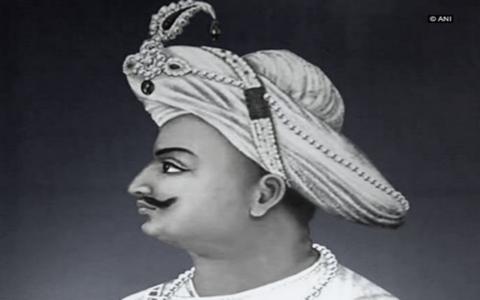
One of the most characteristic features of almost all medieval Muslim invaders and rulers of India is their religion-fueled zeal for destroying Hindu temples. From Muhammad Ghaznavid to Babur to Malik Kafur to Muhammad Bin Tughlaq to Aurangzeb to Nadir Shah, every single Muslim invader and/or ruler made temple destruction his mandatory religious duty. In this, Tipu Sultan stands shoulder-to-shoulder with these temple destroyers extraordinaire....
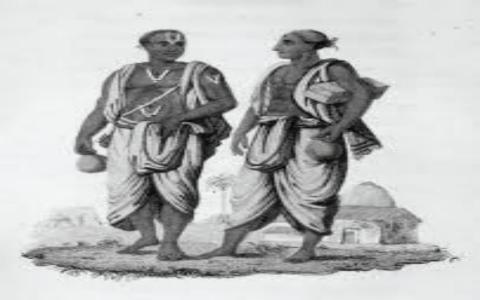
Translator’s Note: This is the second and concluding part of the iconic D.V. Gundappa’s series profiling the life and lifestyles of numerous traditional Vedic scholars. The first part translated and published on Prekshaa Journal is available at this link.
The present essay appeared as the Upasamhaara, or epilogue in May 1972 for the volume titled Vaidikadharma Sampradaayastharu (Traditional Vedic Scholars) forming part of his acclaimed Jnapaka...
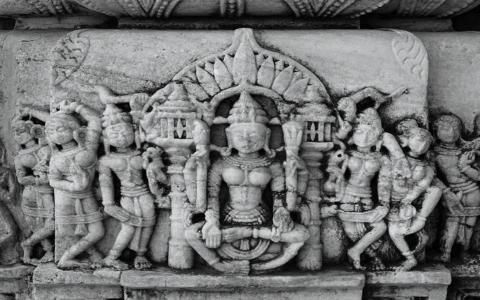
'Nele’ and ‘Saakshi’ unveil the myths, rites, rituals, and customs related to death, funerals, the world after death, against the realistic backdrop the life in this world. These two works explore the roots of existence, ethics and emotions and lay bare the inner psyche of man, by fusing our realistic world, which is comprehensible through the senses, with the incomprehensible, surrealistic world of myths and mythological characters and...
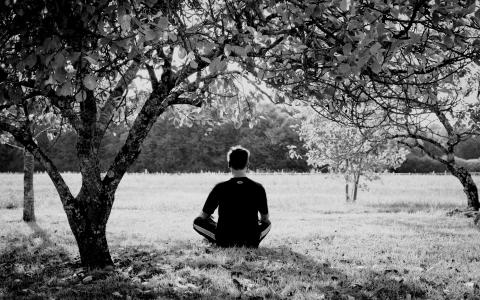
For a moment, just visualize the kind of public debates that happen today – on television, in the newspapers, and in person. In the light of these images floating in your mind, read the following lines:
Why fear them? Why pay attention?
Why listen to your opponent’s words?
Just contradict them immediately.
You are sure of victory in the debate!
The five rules for victory are:
be cool, be shameless, be mocking,
despise your opponent, and
praise...

This is a short glossary of some of the technical terms often seen in Hindu literature. A glossary such as this becomes inevitable on most occasions since many of these terms don't have single word equivalents in English or any non-Indic language, since these concepts are often not found in other cultures.
artha • wealth; motive; cause. It refers to the material objectives and accomplishments of a person. One of the four puruṣārthas.
ātman •...

The foundational works of Hinduism have, for centuries, been transmitted by means of an oral tradition – teachers taught their disciples, who committed every word to memory and then passed it on to their disciples without any variation. Needless to say, many ancient texts have been lost over the years. For ease of understanding, in this article we use the term ‘texts’ instead of ‘works,’ or ‘compositions,’ or ‘treatises,’ but they include both...
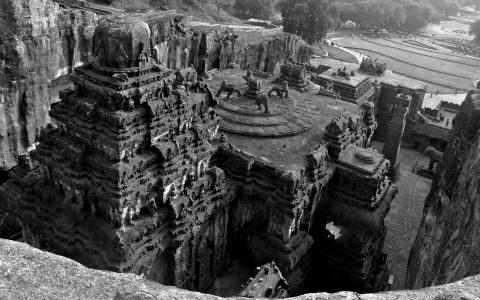
This is the second part of the article, Sanatana Dharma from Scratch by Shatavadhani Dr. R Ganesh, discussing about several fundamental aspects of Hinduism.
Rta, Rna, Dharma
True value realization takes us closer to the Vedic concept of ऋत (rta). The word rta has no equivalent in English but can loosely be translated as ‘cosmic order in the universe,’ ‘divine law governing the universe,’ or ‘gnostic order that is inherent in the universe.’ The...
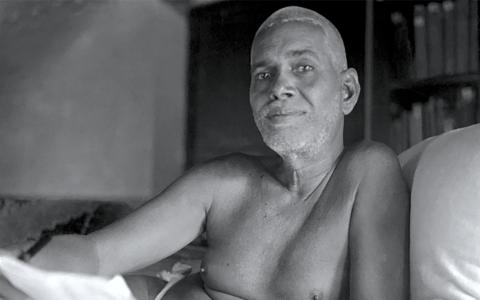
हृदयकुहरमध्ये केवलं ब्रह्ममात्रं
ह्यहमहमिति साक्षादात्मरूपेण भाति |
हृदि विश मनसा स्वं चिन्वता मज्जता वा
पवनचलनरोधादात्मनिष्ठो भव त्वम् ||
Seekers of vedānta will have surely heard of Bhagavān Ramaṇa Maharṣi, the sage of Aruṇācalam. He lived in the first half of the twentieth century. He was known for his ‘silent commentary’ (mauna-vyākhyāna) on the vedāntic principle of the para-brahman which was his means of preaching people (mumukṣu-s) who...

प्रीतिं ददाति विपुलां श्रियमातनोति
निर्माति नूत्नसमयं दुरितं धुनोति |
आर्द्रीकरोति हृदयान्यपि देवतानां
कस्मै शुभाय न भवेत्कविता विदोषा ||
Kāvyakaṇṭha Gaṇapati-muni had given up performing avadhāna-s by the year 1907, as it involved a lot of mental strain. From then on, he spent most of his time reading and contemplating the Vedas, yoga and vedānta. Once, one of his students asked to him to perform a literary feat like he used to during the...
